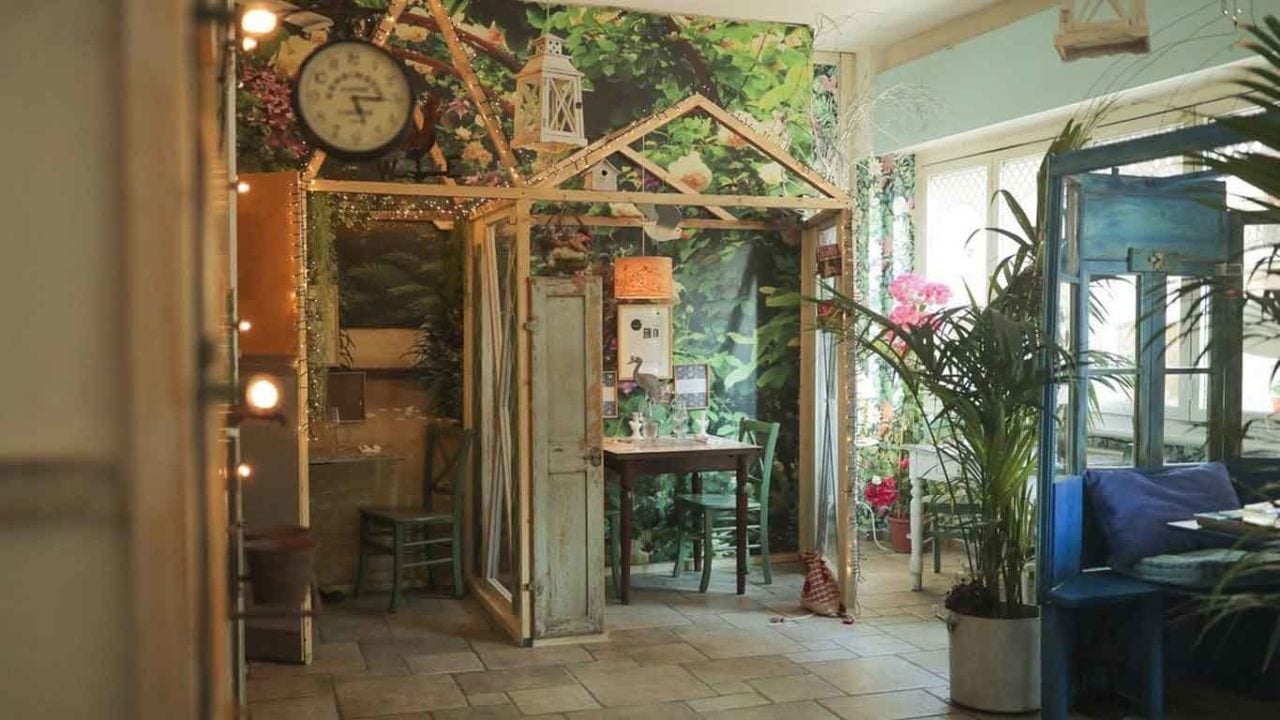Table of Contents
Covid has forced us to rethink everything we do. If you manage an SME, here are some hints and case studies to get you started
Well, it arrived. Nassim Taleb – the philosopher, essayist, mathematician and internationally published author – would have labelled it a Black Swan from the title of his bestselling book of the same name, a metaphor for a sudden or revolutionary eventthat we struggle to come to terms with.
The pandemic has certainly revolutionised daily lives of people and professionals of all guises. We have come to understand the importance of business continuity, a complex term that became widely known only a few months ago, which means practically preparing yourself to ensure you are ready for the occurrence of an unlikely event. And this is especially important for those of as who manage a small or medium-sized business.
And there are lots of us in the UK. SMEs in the UK:
- employ 60% of UK workers (just below the European Union average);
- represent 99.9% of all UK businesses;
- contribute 50% of the country’s GDP.
More data and further details are available on the UK government website.
However, business continuity has not been the only concern in recent months: we have also learned many important lessons regarding marketing.
I have chosen to group them into three main types, which I will list and explain in the following paragraphs.
Lesson 1: be there for people
One of the first lessons of any crisis is how crucial it is to be on hand and available for customers. If we are afraid, they will be even more so, and if we help and show ourselves to be useful and altruistic, once the storm has passed their positive recollection – or your memorability – will remain, which will translate into them choosing you.
This is connected to the customer experience, which the international consulting company McKinsey has highlighted clearly in the article Adapting customer experience in the time of coronavirus. In a comparison with the last major global crisis – the financial crash of 2007-2009 – McKinsey’s analysts show that businesses that were still ‘there’ for customers in spite of the problems were repaid in trust when things got going again.

But what does ‘being there’ mean?
- providing home delivery (wherever the home is, if possible);
- using WhatsApp for Business rather than Facebook Messenger for handling orders and customer service, or even, for the most advanced, designing a bot;
- sending a small but unexpected gift to customers(this one step may be enough).
For example, in March and April many marketing firms sent free guides and handbooks on how to tackle the first months of a pandemic to their clients, and many banks offered webinars and other tools to clarify the financial situation and providers much reassurance as possible regarding investments. Behind the clear commercial motivation for these initiatives, I also believe they were providing a valid service and important practical (and also psychological) support.
Another example is NeN, an Italian start-up with 40 employees that began life as a spin-off from the company a2a. Its aim is to revolutionise the energy sector, but it is also making great strides in changing the way we interact with customers and improving digital empathy. Two initiatives it launched stand out in particular for their simplicity:
- it opened a Facebook community called ‘persoNeN’, where customers (only customers) could speak directly to the company in a no-frills, punctual and ongoing conversation.
- it sent the first 2000 customers a picture marked with their customer number, a simple action that created very high levels of word-of-mouth marketing.
The most important thing, however, is to understand what is important to the customers themselves: this is what you should focus on, removing all non-essentials and aiming for the maximum efficiency. How? Take a look at the chapter on story listening that I investigated in another article.
Lesson 2: reinvent yourself
Small often means simple, or at least simpler than something very large. This gives you a unique opportunity to reinvent yourself. This is also the title of a renowned business book I would highly recommend, Reinventing Organisations by Fréderic Laloux.
Reinventing yourself in the midst of a pandemic means thinking of new ways of doing business. The world of food, one of the most severely affected in recent months, has excelled itself in terms of creativity and new ideas: from food trucks travelling around cities to solve the problem of small indoor spaces, to redesigning the spaces themselves to respect social distancing rules without placing too much burden on customers. For example, Capra e Cavoli, a famous vegetarian and vegan restaurant in Milan, built small wooden houses as ‘defence’ around the various tables, at the same time creating an unforgettable experience for diners.
Lesson 3: be open to digital
I’ll start off with two important statistics:
- according to research carried out by Facebook, the World Bank and the OECD,, 31% of SMEs that use social media to accrue business made over 25% of their sales through digital channels in recent months;
- out of the total number of people in Italy who used a digital solution to satisfy any need during lockdown, 75% had not used it before. And it seems they were happy enough with the experience to repeat the action.
Whatever your views on social networks, websites, chat bots, WhatsApp, you name it, they play an increasingly important role in marketing and business. In a previous article for the Pixartprinting blog I wrote a guide on getting yourself talked about on social media.
Take, for example, a business like Ottica Caradonna: the owner Nico Caradonna is (rightfully) known as the Online Optician due to his interest in this medium and his willingness to take it seriously. A quick glance at the messages on the business’ social feed and company blog will show you what I mean.
https://www.facebook.com/otticacaradonna/posts/3353369201390576
This strategy, and even more importantly an approach based on strong empathy, allowed Nico to stay in touch with his customers during the months of lockdown, frequently interacting with them to discuss their expectations for the new collections.
Marketing is always on the move. Are you?
The true challenge of marketing is that it never stops. It is always moving, forcing all of us, especially small, medium-sized or micro-sized business owners, to stay up-to-date. To be there, to reinvent ourselves and to connect more.
With the right spirit and a good dose of new ideas, you can turn any crisis into an opportunity.

